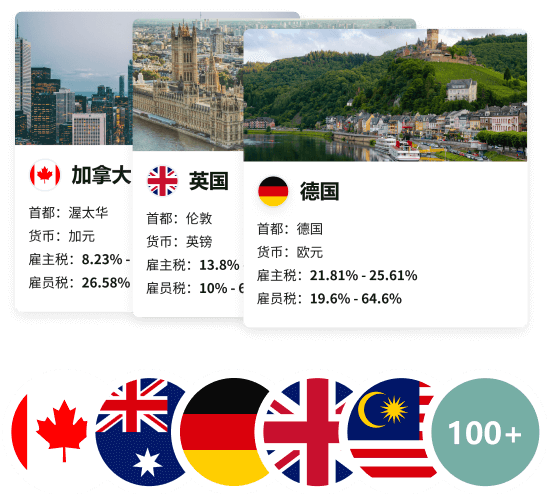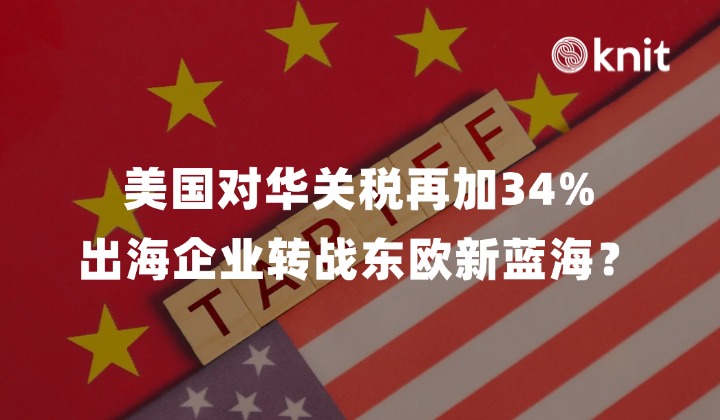Global growth is a question of when, not if, for any ambitious enterprise. Expanding internationally means diversification and new market opportunities, as well as lower production and labor costs.
In nearly all cases of international expansion, the enterprise based in one country (the ‘residence country’) must engage staff, agents, or contractors in the new country (the ‘target country’): This presents a range of challenges.
In this article we look at five such challenges for international staffing, and set out our international staffing solutions for responding to each challenge.
Workforce skills
You must ensure that your workforce in the target country has the right skillset to support your enterprise. There is a risk that your target country operation might lack:
- Individuals with a sufficient understanding of the enterprise itself to ensure that operations in the target country are aligned with the goals of the organization as a whole;
- Individuals on the ground in the target country with the skills to operate successfully in the local environment. For example, staff who speak the language and understand how business operates in that country.
Our proposed solution: Get the right mix of skills in the target country by using:
- Intra-group transfers
- Transferring skilled staff from headquarters to a target country can fill in any skill gaps on the ground. In addition to the benefits to the target branch, it can aid the enterprise as a whole as a growth opportunity for staff looking for overseas assignments, and an opportunity for staff to share knowledge in both directions;
- Reliable staffing partners
- A third party can close the gap between the needs of your organization and available resources in the target country. An International Professional Employer Organization (‘PEO’) can hire and administratively manage local employees on behalf of your organization. You can find out more about this here. Or, specific functions, such as payroll could be taken on by a third party (with your enterprise remaining the employer of record).
Control and coordination
Your business on the ground in the target country can take many different forms: You might incorporate a subsidiary of the enterprise, use franchising or licensing arrangements, or work with agents in that country.
However, whatever form your target country branch takes, there still needs to be some degree of control and co-ordination of staff from head office. This is essential to ensure that activities in the target country are aligned with the wider goals of the enterprise. Keep in mind, also, that the actions of employees, agents, or contractors of the enterprise in the target country can substantially impact on the reputation of the enterprise as a whole.
Our proposed solution:
- As stated in the solution offered above, intra-group transfers can be a useful mechanism for transferring staff from the residence country to the target country;
- Pay attention to the legal arrangements to ensure cohesion between head office and the target branch. You might consider the use of a tripartite agreement for these purposes.
Tax compliance
The presence of workforce staff in a target country raises the possibility that your enterprise will incur a corporate or turnover tax liability there, through having a ‘permanent establishment’ (or ‘PE’) in the country. This applies, broadly speaking, where there is a fixed place of business in the country through which your enterprise carries out its business.
More specifically, the definition of a ‘dependent agent PE’ means that you can become liable to pay tax in that country wherever you have agents that have the authority to conclude or substantially facilitate contracts ‘in the name of’ the enterprise, whether they are employees or not.
The precise tax obligations in any target country will be determined by the bi-lateral tax treaties in place between the target country and the residence country, as well as domestic law.
Our proposed solution: You need to seek out professional advice and assistance on the best legal and commercial arrangements for optimising your tax liability. Note, in some cases it may even be beneficial for you to have a permanent establishment in the target country. This must be determined on a case-by-case basis.
Salaries and employee benefits
Salaries, benefits, and other payments (e.g. payments for contractors) need to be set appropriately for the employment and contractor market in the target country. In determining over-all remuneration packages, you also need to consider:
- Compulsory employee contributions such as pension schemes/superannuation, health insurance, workers compensation;
- Market-standard benefits that may be higher than the legal minimum. For example, a country may have a legal minimum of four weeks annual leave, but five weeks may be the established norm;
- The impact of significant remuneration differences between employees from the residence country of the enterprise (e.g., on an intra-group transfer), and local employees. These differences can have a significant impact on local employee morale and staff retention (See, for example, Reiche 2006).
Our proposed solution: Seek professional assistance on salaries, compensation and recruitment in your target market in order to ensure that employment and contractor packages are benchmarked appropriately.
Hire globally in 24 hours with Horizons EOR services.
Intellectual property and non-compete clauses
It is important to establish whether workforce outputs will be the property of the employee or contractor in question, or whether they belong to the enterprise itself. In some countries this can be established in the contract for service/employment, but in other countries employees may have rights to their own work products protected by legislation.
The UK Intellectual Property Office has developed a range of useful Guides explaining intellectual property protections in various different countries.
Relatedly, you may wish to apply a ‘non-compete’ clause to your contracts with your employees/contractors. These mean that the employee or contractor cannot work for one of your competitors either during or, after your relationship. In many countries these are enforceable where they protect a ‘legitimate business interest’ of the enterprise. Otherwise, they may constitute an illegal ‘restraint of trade’. In some countries, however, these clauses may be completely forbidden, highly restricted in application, or unenforceable in a court of law.
Our proposed solution: Find a trusted partner to support your inquiry into intellectual property laws and non-compete clauses in the target country, as well as information on what is customary in that country. Note that just because a certain type of contractual clause is common in a target country, that does not mean that it carries any legal force.
Conclusion
A strong international workforce will probably be the most important contributor to your success in global expansion. However, overcoming skills, remuneration, tax, and compliance challenges in a new target country are essential to pulling this off. Horizons offers a range of tested international staffing solutions to ensure this transition is as seamless as possible.















